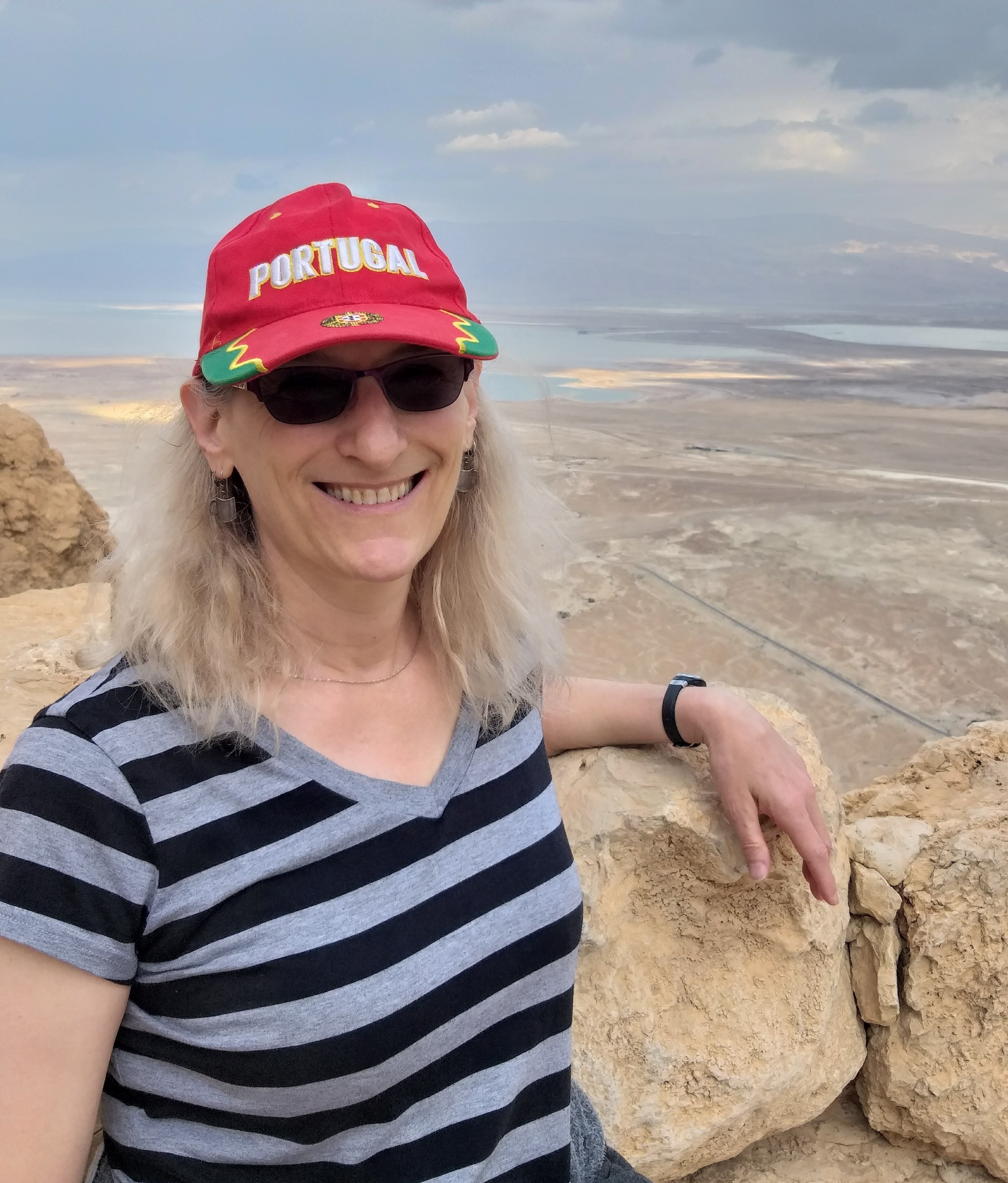Accounting for the future
By James Whitmore
Prof Naomi Soderstrom has always been interested in environmental issues. Her research uses mainstream accounting to address climate change.
In April 1970, 20 million Americans took the streets to call for a healthy and sustainable environment on the first ever Earth Day. Among them was Naomi Soderstrom, now Professor and Deputy Head of Accounting in the Faculty of Business and Economics. Although her PhD training was focused on traditional accounting research, her upbringing and work in places with a strong environmental focus have made a lasting impression on her.
Environmental awareness has been an important theme in her research and teaching. She applies mainstream accounting research methods to explore sustainability accounting.
Currently, one of her main areas of research looks at how companies report climate risk and how stock market participants respond to a firm’s exposure to climate-related threats.

Since 2010, companies in the US have increasingly disclosed information about their exposure to climate risk. Prof Soderstrom has used these disclosures to investigate how the stock market values climate risk. Climate risk affects companies from many different industries. For example, companies in the food and beverage industry report high levels of climate risk due to their long supply chains, which are vulnerable to natural hazards such as flooding or storms.
In one study, Prof Soderstrom found that immediately following the 2016 election of President Donald Trump, companies with greater exposure to climate risk did better on the stock market. This is likely because before the election, Trump promised to withdraw the US from the Paris Climate Agreement. His election sent a signal that the US was not going to impose costly regulations on companies to help address climate change.
Conversely, in another study, she found that after natural disasters such as flooding or Hurricane Katrina, the market reacted more negatively to companies with high climate risk.
Prof Soderstrom says that one of the purposes of her research is getting business and accountants to think about the future.
“A lot of accounting tends to look backwards at what happened over the last period, but what we're trying to do is figure out how to get companies to understand that they need to incorporate some of these future and potential incidents and risks into the way that they make decisions.”
“I want companies to be making decisions with a more complete information set. While at heart, I'm very environmentally oriented, I understand business. I want to be sure that we're getting the proper information to the decision makers and then they can figure out the right decision.”

After growing up in Oregon, Prof Soderstrom was awarded her PhD from Northwestern University, Illinois, in 1990. After graduation, she developed and delivered one of the country’s first environmental accounting courses with a colleague at the University of Washington. She has taught similar courses at several universities, including the University of Colorado at Boulder. She is currently responsible for the Sustainability Accounting curriculum for the University of Melbourne.
Prof Soderstrom grew up in an academic family and finds academic life very rewarding.
“I like teaching and interacting with students, as well as learning from practice. I have had many opportunities to travel, which I greatly enjoy, and travel has broadened my perspective. I love the variety in my job—no two days are the same!”
In 2012 she moved to Australia and joined the Faculty’s Accounting department. She was drawn to the department’s team of senior management accounting researchers and the location in Melbourne. The city’s food, multiculturalism, and short flights to the Asia-Pacific are major drawcards for her.
Recently she’s been working on a project at the city’s Royal Botanic Gardens. Through collaboration with researchers from the University’s School of Ecosystems and Forestry Sciences, the team has developed a metric for carbon sequestration.
Trees capture carbon dioxide from the air, sequestering the carbon in their wood for decades or longer. Many companies and governments are increasingly interested in trees as a way of offsetting carbon emissions elsewhere in the economy or drawing carbon out of the atmosphere.
“If you have a company or council that's trying to decide whether to plant trees on their grounds, or if they want to purchase some offsets, we have a means of helping them understand and argue for the level of sequestration that's likely to happen.”

Another current area of Prof Soderstrom’s research analyses business exposure to cyber security risks. One project develops a measure of cybersecurity mitigation from company disclosures. Results from the project indicate that firms scoring lower on the measure are more likely to have proprietary information leaked to the stock market.
While the big news stories about cyber attacks tend to be about breaches, Prof Soderstrom says that the threat of information leakage is more insidious.
“Hackers are getting access to proprietary information inside of companies prior to earnings announcements. They then can benefit by trading on the information themselves, or by selling or giving it to what we call ‘digital insiders’.”
Whether it’s cyber crime or climate change, Prof Soderstrom is an accounting researcher with an eye to the future.
Banner image: Oregon forest from Shutterstock.